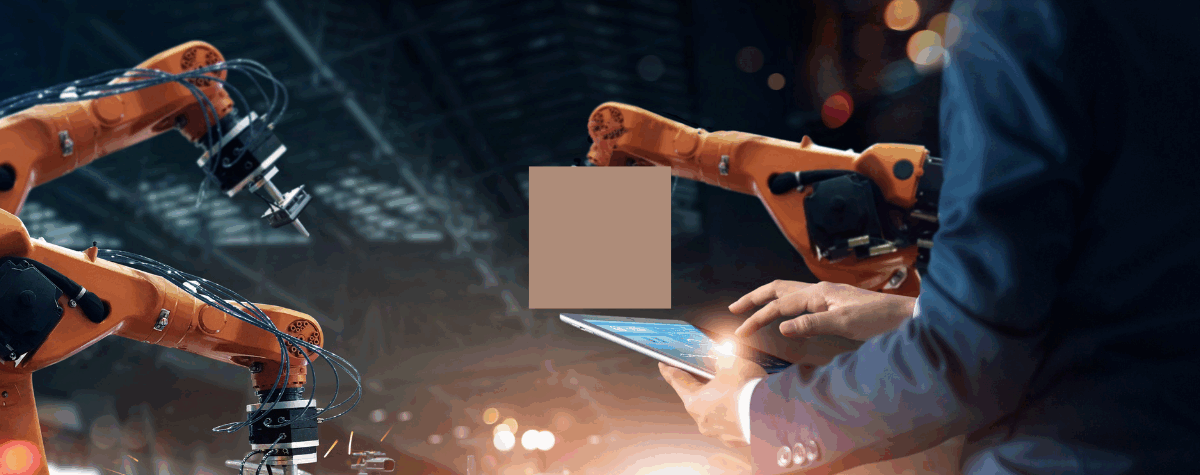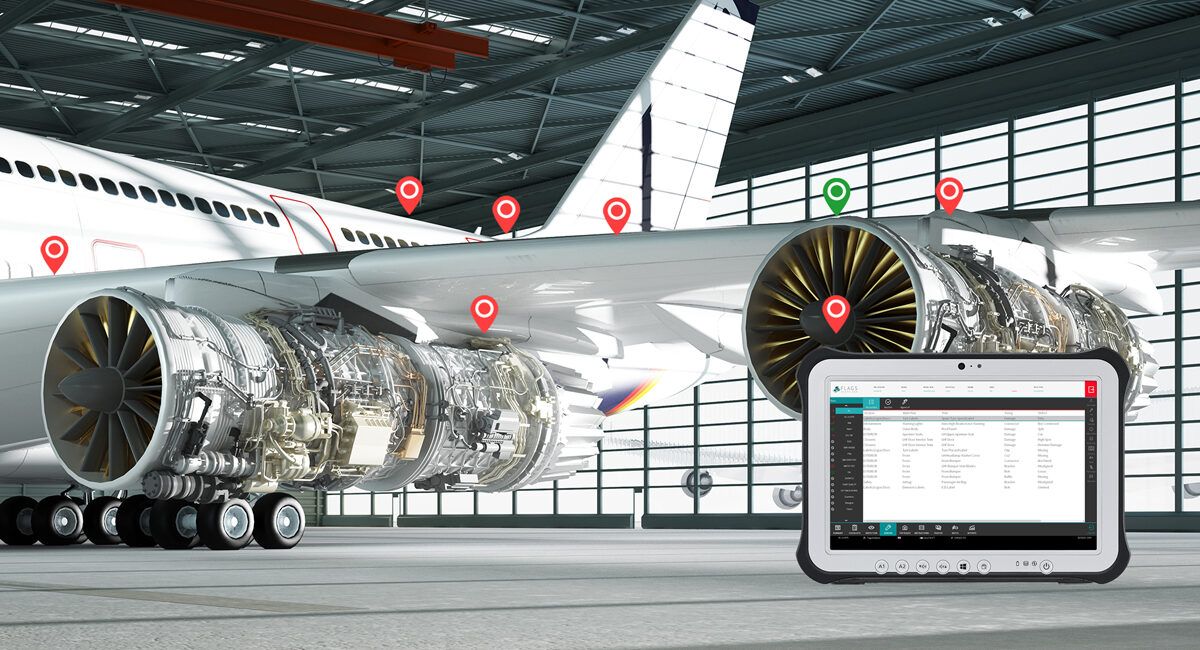In manufacturing and engineering, the integration of artificial intelligence (AI) and data science is no longer a futuristic concept; it’s a tangible reality that’s reshaping how manufacturers approach and manage production processes.
How can AI and Data Science improve manufacturing?
Whether it’s automotive, aerospace, marine or rail, manufacturing is made up of a complex tapestry of processes, equipment, and decisions. And as AI and data science evolve, this sector is undergoing a significant transformation.
By harnessing the power of these technologies, manufacturers can improve operational efficiency and unlock new opportunities for growth and innovation.
Transforming data into decisions
What makes AI analytics so exciting for manufacturers is its ability to process vast quantities of data quickly. In the realm of manufacturing, data is abundant – from machine performance metrics to supply chain logistics. However, the key challenge lies in finding patterns and meaningful insights in this data.
This is where AI steps in, applying advanced algorithms and learning techniques to organise and understand complex data sets. Through FLAGS Software, this insight is then displayed through intuitive dashboards, easy-to-view graphs, and performance tracking charts and percentages, giving you access to relevant data from a centralised location.
The result? Informed decisions made in real-time, leading to significant improvements in production efficiency and quality. Here’s how FLAGS Software utilises AI and data science to drive real-time insights and improve the overall production process;
Predictive analysis
Predictive maintenance is one of the most beneficial applications of AI in data analytics for manufacturers. This is because traditional maintenance and quality control strategies are often based on scheduled checks or responding to equipment failures. However, maintenance and quality management can be significantly enhanced by AI’s proactive approach.
By analysing data from sensors and machinery, AI predicts when a piece of equipment is likely to fail, allowing for maintenance to be scheduled at the most opportune time. This proactive strategy not only minimises downtime but also prolongs the life of the equipment, resulting in long-term cost savings.
This proactive approach is deeply embedded in the DNA of FLAGS Software. Our comprehensive quality management solution offers complete control, visibility, and traceability across the entire production line. By harnessing the power of real-time reporting, interactive dashboards, and diverse data inputs, FLAGS Software empowers manufacturers to identify quality issues with astonishing precision. This translates to unparalleled levels of quality, efficiency, and control – the cornerstone of creating the world’s best products.
Enhancing Quality Control
When used in tandem with quality control, AI analytics can revolutionise the manufacturing sector, and FLAGS Software sits at the forefront. By leveraging machine learning algorithms, manufacturers can swiftly identify defects or anomalies in products. This real-time analysis enables immediate corrective actions, ensuring only the highest quality products reach the market.
At FLAGS Software, we utilise data analysis and predictive technology. These systems, equipped with algorithms, not only give insight into the current situation but drive data-driven decision-making that is crucial for any business.
The Future of manufacturing with AI and data science
As we look to the future, the role of AI and data science in manufacturing is only set to grow. The integration of these technologies is paving the way for more autonomous, efficient, and flexible manufacturing processes.
The rise of smart factories
The concept of smart factories is at the forefront of this evolution. In these environments, AI-driven systems and IoT devices work harmoniously, creating a highly interconnected and intelligent manufacturing ecosystem. These smart factories are not only more efficient but also more responsive to changing market demands.
The role of human-machine collaboration
While AI brings automation, it also fosters a new level of collaboration between humans and machines. AI systems provide insights and recommendations, but human expertise remains vital in decision-making processes. This synergy of human intelligence and AI capabilities creates a more dynamic and innovative manufacturing environment.
Continuous learning
Another key aspect of AI in manufacturing is its ability to continuously learn and adapt. AI systems are not static; they evolve by learning from new data, making them increasingly accurate and effective. This continuous improvement is crucial in an industry where staying ahead of the curve is paramount.
At FLAGS Software, we are at the forefront of leveraging artificial intelligence and data science to revolutionise the manufacturing sector. Our commitment is to provide solutions that enhance operational efficiency and drive innovation and sustainable growth.
Integrating AI analytics in manufacturing is not just about keeping up with technological advancements; it’s about leading the charge towards a smarter, more efficient, and innovative future.






